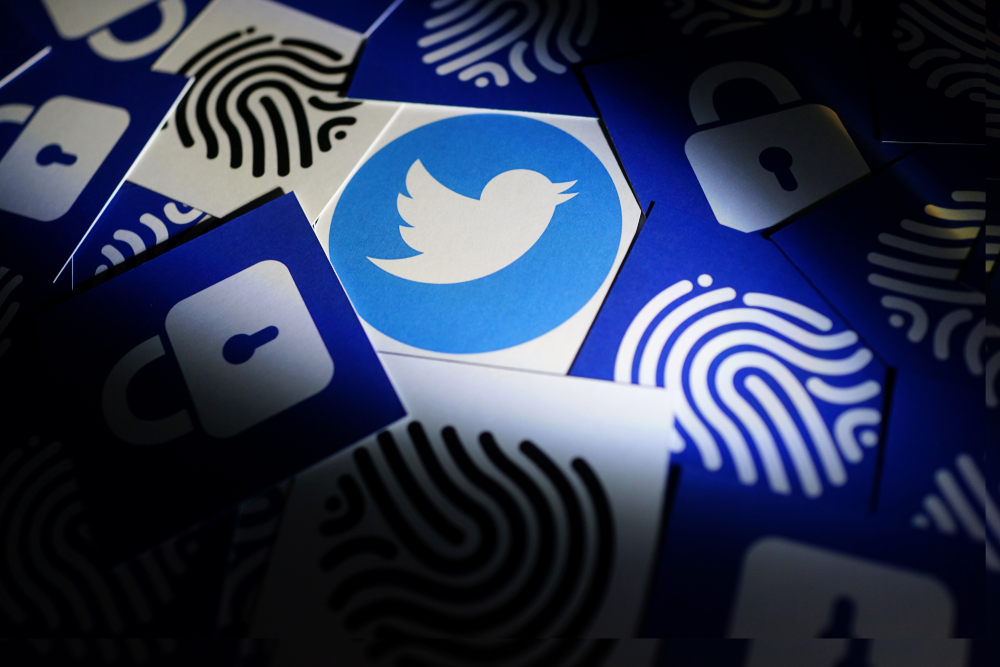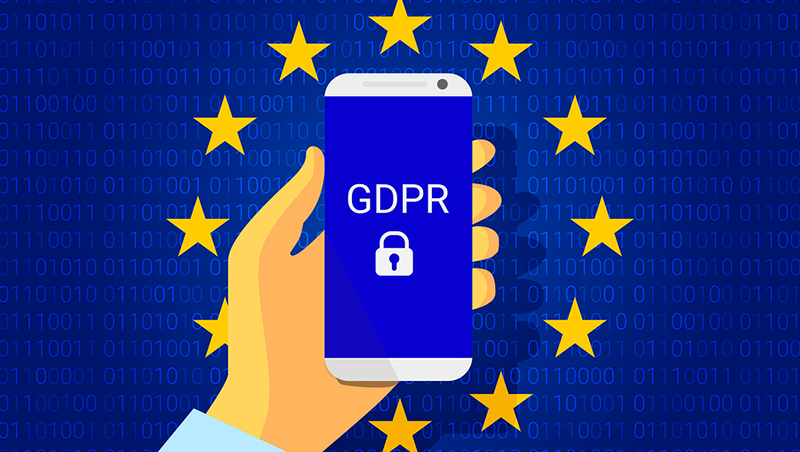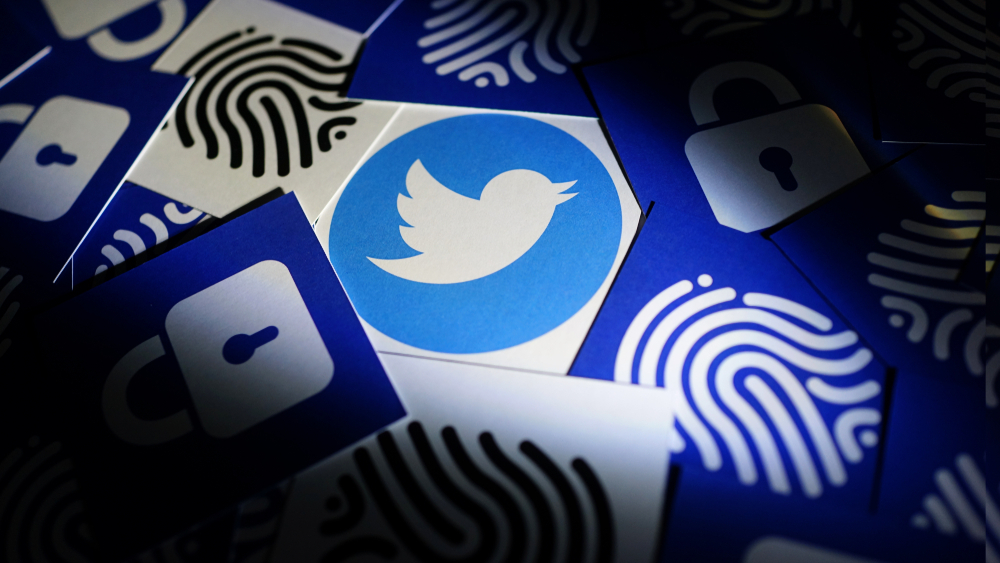Stephen Fry victim to Twitter phishing attacks
The growing popularity of Twitter is making it more of a target for cyber criminals out to make profit.

Twitter is the latest social networking website to be hit by phishing attacks, with celebrity Stephen Fry one of the victims.
Reports have claimed that thousands of Twitter users are receiving direct messages from friends inviting them to click on unknown links, with lures including the ability to win an Apple iPhone or a link to funny pictures among others.
Writer, TV star and regular Twitter poster Stephen Fry was one such victim, who clicked on one of these links without realising that it would lead to a fake Twitter website asking for login details and passwords.
According to his tweets, he received 20 new phishing direct messages offering free iPhones. He said: "Lawks. Hope I haven't been phished for all my details. Clicked on scam URL last night before I knew what it was. Eeek."
Experts have said that having hacked into Twitter accounts, criminals could use compromised details to send even more spam messages out. It could also be used to extract money from the legitimate account holder.
Generally phishers prefer compromised accounts over newly-created accounts as they are less likely to be stopped by anti-spam techniques.
"Twitter users who may have lost control of their accounts need to change their passwords as a matter of priority before more harm is done," said Graham Cluley, senior technology consultant at Sophos.
Get the ITPro daily newsletter
Sign up today and you will receive a free copy of our Future Focus 2025 report - the leading guidance on AI, cybersecurity and other IT challenges as per 700+ senior executives
"Compromised social networking accounts valuable for hackers as they can use them for a springboard for spam campaigns, identity theft attacks and other online crime."
The IT PRO Twitter news feed is available here.
-
 Bigger salaries, more burnout: Is the CISO role in crisis?
Bigger salaries, more burnout: Is the CISO role in crisis?In-depth CISOs are more stressed than ever before – but why is this and what can be done?
By Kate O'Flaherty Published
-
 Cheap cyber crime kits can be bought on the dark web for less than $25
Cheap cyber crime kits can be bought on the dark web for less than $25News Research from NordVPN shows phishing kits are now widely available on the dark web and via messaging apps like Telegram, and are often selling for less than $25.
By Emma Woollacott Published
-
 Twitter API keys found leaked in over 3,200 apps, raising concerns for linked accounts
Twitter API keys found leaked in over 3,200 apps, raising concerns for linked accountsNews Business and verified Twitter accounts linked to affected apps are at risk of takeover, use in malicious campaigns
By Rory Bathgate Published
-
 The Twitter hack, and why we need a better class of criminal
The Twitter hack, and why we need a better class of criminalOpinion The bitcoin scammers’ biggest crime isn’t fraud - it’s lack of imagination
By Adam Shepherd Published
-
 What is your digital footprint?
What is your digital footprint?In-depth Your digital footprint is always growing – so we explore how you can keep it under control
By Maggie Holland Last updated
-
 Nine top GDPR tips for email marketing strategies
Nine top GDPR tips for email marketing strategiesIn-depth It's not all doom and gloom – here's how you can make GDPR work for you
By Zach Cooper Last updated
-
 Media and telco consortium calls for social media regulation
Media and telco consortium calls for social media regulationNews Companies including Channel 4, BT and the BBC urge the government to place firms like Facebook under greater oversight
By Adam Shepherd Published
-
 Why GDPR creates a "vicious circle" for marketers
Why GDPR creates a "vicious circle" for marketersNews Customers will control the forthcoming trust economy, predicts Aprimo
By Rene Millman Published
-
 Twitter alerts users after squashing password revealing internal bug
Twitter alerts users after squashing password revealing internal bugNews The company is advising users to reset their passwords 'in the interests of caution'
By Adam Shepherd Published
-
 Facebook will allow adverts to target users based on beliefs
Facebook will allow adverts to target users based on beliefsNews The company will also give users opt-ins to use facial recognition to prevent impersonation
By Rabbil Sikdar Published